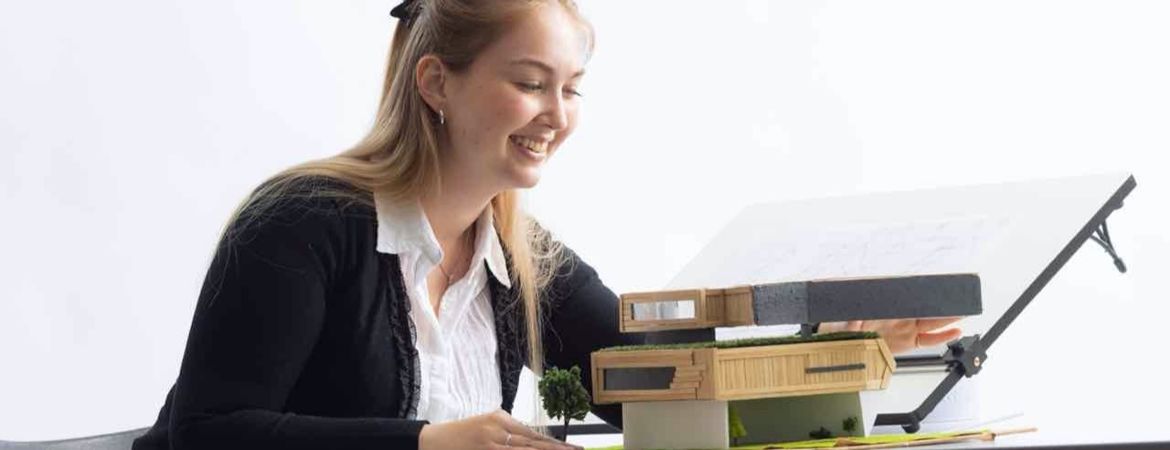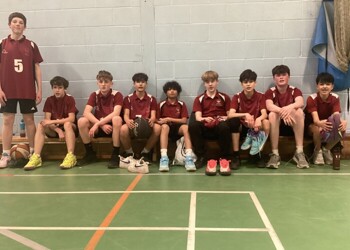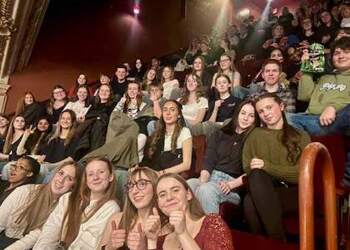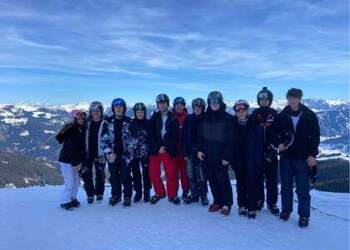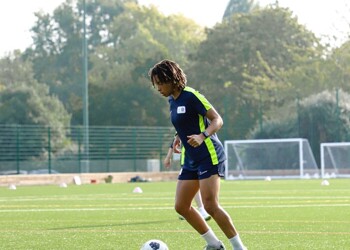 13th March
13th March
Technology
Curriculum Intent - Product Design
At Blenheim High School, the Design and Technology Product Design A Level curriculum combines skills, knowledge, concepts and values to enable students to tackle real world contextual problems. It embodies analysis, problem solving, practical capability and evaluation skills. The aim is to link the curriculum work to other disciplines such as mathematics, science, engineering, computing and art. Team work and collaborative learning is at the centre of the department's ethos.
Students are consistently encouraged to become innovators and risk-takers. Students create solutions in response to contemporary world issues using an iterative design process of constant development and evaluation.
Aims:
At Blenheim High School the Design Technology A Level Curriculum aims to:
- Inspire develop and nurture the individual creativity of our students.
- Build a repertoire of core technical and specialist design subject knowledge to be able to progress to degree and industry level standards.
- Stretch and Challenge students to realise their potential through targeted assessment and purposeful feedback.
- Encourage independent evaluation and critical thinking to enable them to create and answer real world contextual design problems.
- Forge tenable links between STEM subjects to build upon and broaden students perspective and skill set.
Curriculum Intent - Textiles
Students will develop their theoretical knowledge through a mixture of theory lessons, practicals, disassembly and case studies. Each week they will explore the theory content ranging from fibre knowledge, emerging technologies in industry and social, historical and cultural influences on design. Students will apply their skills and theory knowledge to their NEA project (50%); Students will carry out the process of iterative design to investigate, design and manufacture a prototype that is based on a context of their choice and suits the needs of their target market. During the design and manufacturing stage students will apply and develop their practical and evaluative skills through experimentation and development of samples, they will follow health and safety practices and manufacturing processes used in industry (where applicable) to manufacture a finished prototype.
A level Product Design
Course DetailsThis creative and thought-provoking qualification gives students the practical skills, theoretical knowledge and confidence to succeed in a number of careers, especially those in the creative industries. Students investigate historical, social, cultural, environmental and economic influences on design and technology, whilst experiencing opportunities to put learning into practice by producing prototypes of their choice. Students gain a real understanding of what it means to be a designer, alongside the knowledge and skills sought by higher education and employers. |
|||||||||
| Link to course specification | |||||||||
Assessment
|
|||||||||
Enrichment opportunitiesStudying Product Design naturally leads to ways of extending learning outside of the classroom. Students are encouraged to conduct primary research and experience products and events first hand. In Year 12 students visit galleries, museums, sites and buildings to independently carry out research that informs their work. Students in Year 13 carry out their own research specific to their project. This can be as varied as working directly with charities, or trips to the local forge. Students are encouraged to work collaboratively with a ‘real world’ client to support the development of their designs and testing prototypes. |
|||||||||
Student quotes‘I chose Product Design because I was intrigued to find out how things are made. I love the subject and have learnt a lot of practical skills that I can apply to everyday life.’ ‘Product Design has developed my technical thinking and has proven a great asset to me with employment and further education.’ |
|||||||||
ProgressionMany students have gone on to successfully complete degrees at Russell Group Universities, plus Loughborough, one of the top Universities in the country. Students studying Product Design open themselves up to a whole host of career prospects. Students consistently move forwards into a variety of areas, including Product Design, Industrial Design, Interior Design, Landscape Design, Electronic, Environmental, and Civil Engineering, Architecture, Theatre and Set Design. |
A level Fashion and Textiles
Course detailsFashion and Textiles is a creative and thought-provoking subject that gives students the practical skills, theoretical knowledge and confidence to succeed in a number of careers. Students;
|
||||||||||
| Link to course specification | ||||||||||
Assessment
|
||||||||||
Enrichment opportunitiesMany trips take place throughout the course including visits to London Fashion week, the Clothes Show, various exhibitions, fabric shopping at Goldhawk Road and the V&A museum to name a few. |
||||||||||
Student quotes"Textiles at A level provides you with freedom and independence to explore more exciting and innovative designs within the development of your project. With the support of the teachers in the textiles department, you can achieve great grades." “I loved learning about the history of fashion and bringing those elements into my work. This A level has really given me the chance to experiment and take risks with my practical work. Teachers encourage you to develop your skills and think creatively, but give you the support to realise your ideas. It’s hard work, but to see my finished garment is so rewarding and it got me my place at London College of Fashion.” |
||||||||||
ProgressionThe skills that students gain on this course support an enormous range of careers and university courses such as: fashion design, costume design, print design, pattern cutting, tailoring, fashion illustration, fashion journalism, exhibition and display design, interior design, museum curatorship, fashion design, shoe design, technical illustration, product marketing, theatre set design, TV set design, design management, packaging design, teaching / lecturing, market research and trend setters to name but a few. |

